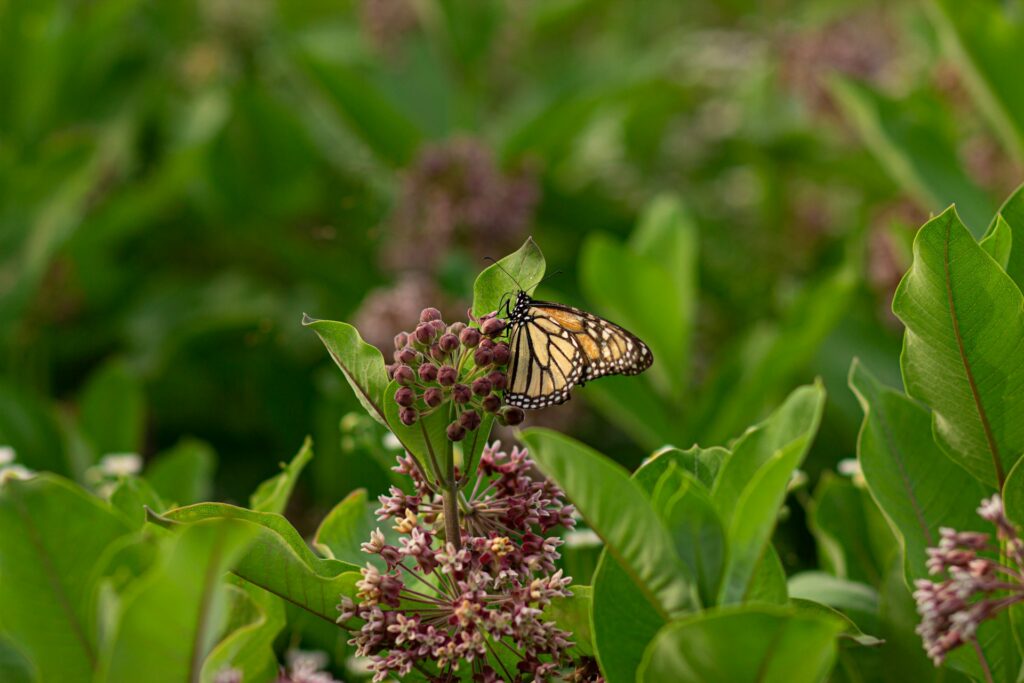
From Pollinators to Whole Ecosystems: Expanding Our Gardening Focus
The surge in popularity of pollinator gardens is good news. These gardens, teeming with bees, butterflies, and other insects and birds, have become symbols of ecological awareness and conservation. But we here at Grounded we think we need to go further: we need to focus not just on pollinators but the whole ecosystem.
The Rise of Pollinator Gardens
Pollinator gardens have risen to prominence for good reason. By providing vital habitats for bees, butterflies, and other pollinating insects and birds, these gardens play a crucial role in maintaining the health of our ecosystems. Typical pollinator-friendly plants like coneflowers and milkweeds have become staples in many gardens.
Limitations of Pollinator-Only Focus
While the focus on pollinators is a good thing, it represents just one aspect of a much larger ecological picture. A garden buzzing with pollinators is a joy to behold, but this singular focus can sometimes overlook other vital components of a healthy ecosystem.
Embracing Whole Ecosystem Gardening
Whole ecosystem gardening expands our focus, taking into account all elements of the natural world. This approach fosters a diverse and balanced garden ecosystem, supporting a wide variety of wildlife and contributing to overall ecological health. Benefits include enhanced biodiversity, improved soil structure and health, and greater resilience against environmental stresses.
Transitioning from Pollinator to Ecosystem Focus
When we design gardens in Haliburton County, we don’t just look at serving pollinators but we consider plant communities in the area, replicating how individual local species interact to benefit nature as a whole. We think this holistic approach is the best way to create gardens that serve everybody. This is gardening for life.
